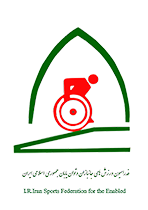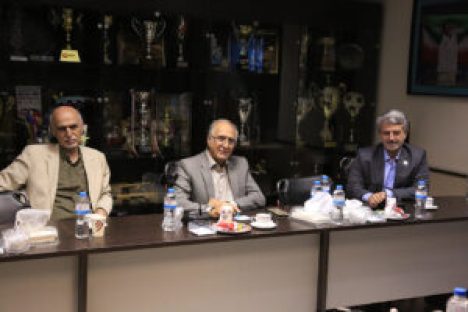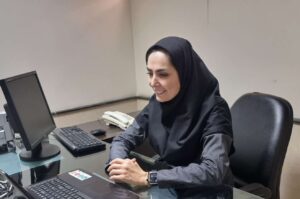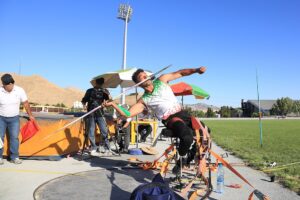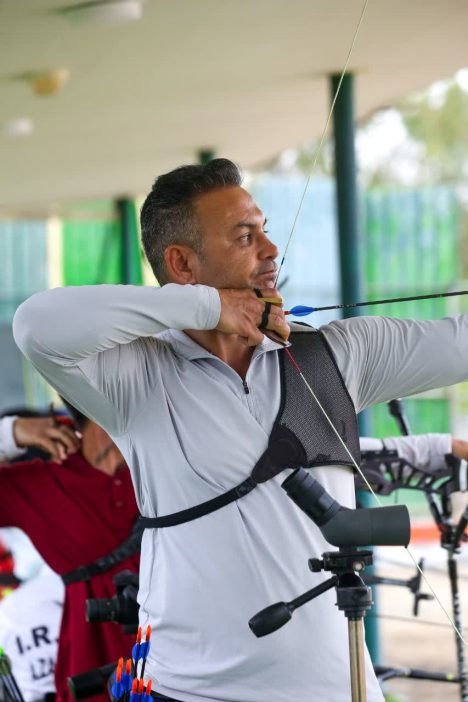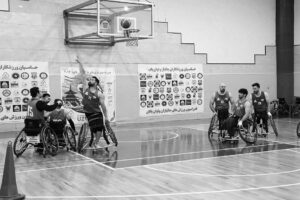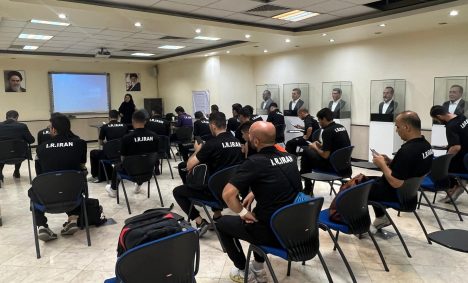Dr. Koohpayezadeh cited global statistics, noting approximately 6.7 million people in Iran have physical and motor disabilities, equating to nearly half the overall population. However, the country’s challenges are more severe than global averages due to about 4,000 annual road accident disabilities and 12,000 injuries especially affecting children. Despite limited resources and coverage over 31 provinces and 480 centers, with 130 counties lacking representation, Iranian disabled athletes have achieved high success, earning triple the medals of Olympic sports counterparts and actively participating in about 70% of Paralympic sports disciplines.
He stressed the need to reduce financial reliance on government funding, advocating for sustainable investment and private sector support through renewable energy and AI projects to create stable income streams for disability sports.
Dr. Koohpayezadeh also highlighted the insufficient media attention to disability issues, urging increased corporate social responsibility to improve the living and sports conditions of people with disabilities.
Tahmasb Mazaheri, former head of the Foundation of the Oppressed and Deputy Prime Minister during the 1988 Seoul Olympics, shared oral history reflections on the financial and managerial challenges faced during that era. He recalled efforts to support disabled veterans and their families through sports and cultural initiatives. Mazaheri acknowledged the leadership of the Supreme Leader in guiding high-level decisions.
He emphasized that sustainable development of disability sports requires sound management, economic planning, and leveraging community and private sector capacity. Mazaheri expressed readiness to back athletes, especially in areas of expertise and taxation.
Attendees included Naser Almaleki (Deputy of Development, HEGTA), Hosseinpour (Advisor to Federation President), Ramazanpour (Cultural and Artistic Representative), Ghasemi (Head of Iran Public Relations Association), Ibrahim Rostamian, and Javad Madani from the Advisory Board.
The session linked past legacy, including the 1988 Seoul Paralympic delegation memories, with urgent calls for sustainable support and economic innovations to progress sports for veterans and disabled Iranians

